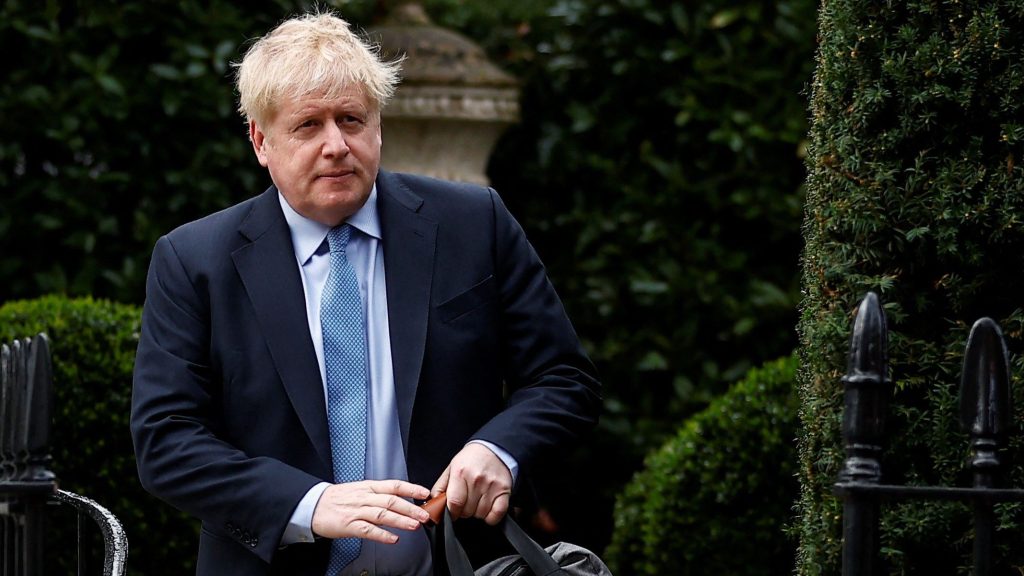Boris Johnson’s Response To COVID Was ‘Mad And Dangerous’- Top Official

Former British Prime Minister Boris Johnson’s approach to dealing with the COVID-19 pandemic was “mad and dangerous” and his constant indecision made it “impossible” to tackle the virus, the government’s top civil servant told officials.
The exchanges between Simon Case, the government’s most senior official, and officials in which he also described Britain’s response in 2020 as a “terrible, tragic joke”, were shown on Monday to the inquiry into how the government handled the worst health crisis in almost a century.
In the autumn of 2020 when the government was discussing how to suppress the virus, Case said of Johnson: “He cannot lead and we cannot support him under these circumstances. The team captain cannot change the call on the big plays every day.” He then wrote in capital letters: “IT HAS TO STOP”.
Months earlier when the government was reopening after the first lockdown, Case said Johnson wanted to let the virus “rip” and compared Johnson’s approach to the way U.S. President Donald Trump and Brazilian President Jair Bolsonaro, who were known for dismissing the threat of COVID, were handling the crisis.
“This is in danger of becoming Trump/Bolsonaro level mad and dangerous,” Case told other colleagues.
A spokesman for Johnson, who will appear as a witness in the inquiry in the future, declined to comment.
The messages were released at the start of the week where a number of Johnson’s senior officials are giving testimony that will reveal how his government worked during the pandemic.
Martin Reynolds, Johnson’s former principal private secretary who appeared before the inquiry on Monday, said there was a culture of dysfunctionality and misogyny at the heart of government during the crisis.
Reynolds revealed that he and another colleague wrote a report in May 2020 recommending reform of the way Johnson’s team was operating to address the government’s “suboptimal” handling of the first phase of COVID.
Asked whether the report showed “dysfunctionality, lack of discipline, chaos and a significant degree of misogyny”, Reynolds said he agreed.
Reynolds said there was “superhero culture” among some officials.
“In terms of the diversity of decision-making, in terms of the treatment of women, I agree. I think that remains an ongoing cultural issue, which I think we could have done more to address,” Reynolds said.
(Reporting by Andrew MacAskill, Additional reporting by Elizabeth Piper, editing by Ed Osmond)




